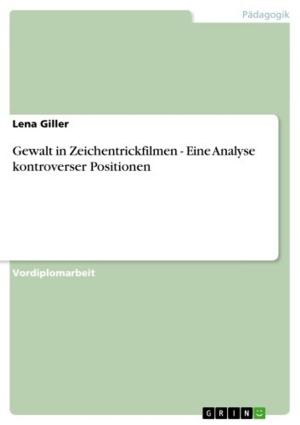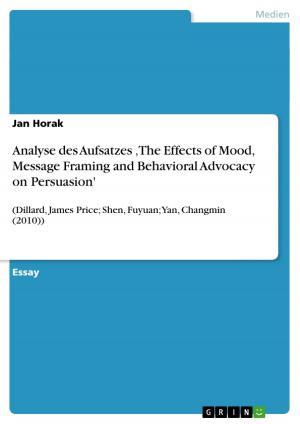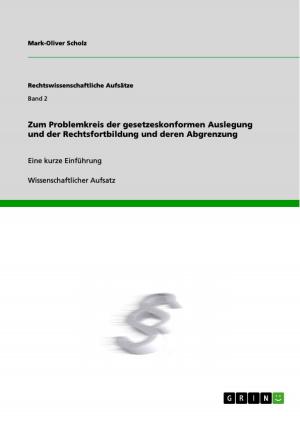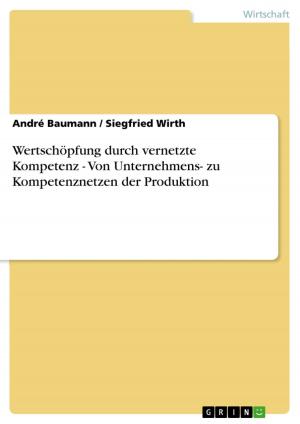Do public sector wages affect corruption?
Testing the fair wage hypothesis across countries and in Russia
Nonfiction, Social & Cultural Studies, Political Science| Author: | Roman Scheffler | ISBN: | 9783640988419 |
| Publisher: | GRIN Verlag | Publication: | August 22, 2011 |
| Imprint: | GRIN Verlag | Language: | English |
| Author: | Roman Scheffler |
| ISBN: | 9783640988419 |
| Publisher: | GRIN Verlag |
| Publication: | August 22, 2011 |
| Imprint: | GRIN Verlag |
| Language: | English |
Scientific Essay from the year 2010 in the subject Politics - International Politics - Region: Russia, grade: 68 (B+), University College London, course: Year Abroad Project, language: English, abstract: This paper will analyse one aspect of corruption that has been very present in the corruption literature after mid-1990s: the effect of wages on corruption. Van Rijckeghem's and Weder's model of the fair wage hypothesis will be first explained in this paper and then used on a cross-sectional study of 29 countries and on data from within Russia between the years 2001 - 2005. In doing so, Occam's Razor will be applied by only analysing the effects of wages on corruption, ignoring all historic and institutional aspects of a particular country. The results do not prove the fair wage hypothesis beyond doubt, although some evidence point that satisfactory wages will reduce corruption.
Scientific Essay from the year 2010 in the subject Politics - International Politics - Region: Russia, grade: 68 (B+), University College London, course: Year Abroad Project, language: English, abstract: This paper will analyse one aspect of corruption that has been very present in the corruption literature after mid-1990s: the effect of wages on corruption. Van Rijckeghem's and Weder's model of the fair wage hypothesis will be first explained in this paper and then used on a cross-sectional study of 29 countries and on data from within Russia between the years 2001 - 2005. In doing so, Occam's Razor will be applied by only analysing the effects of wages on corruption, ignoring all historic and institutional aspects of a particular country. The results do not prove the fair wage hypothesis beyond doubt, although some evidence point that satisfactory wages will reduce corruption.















